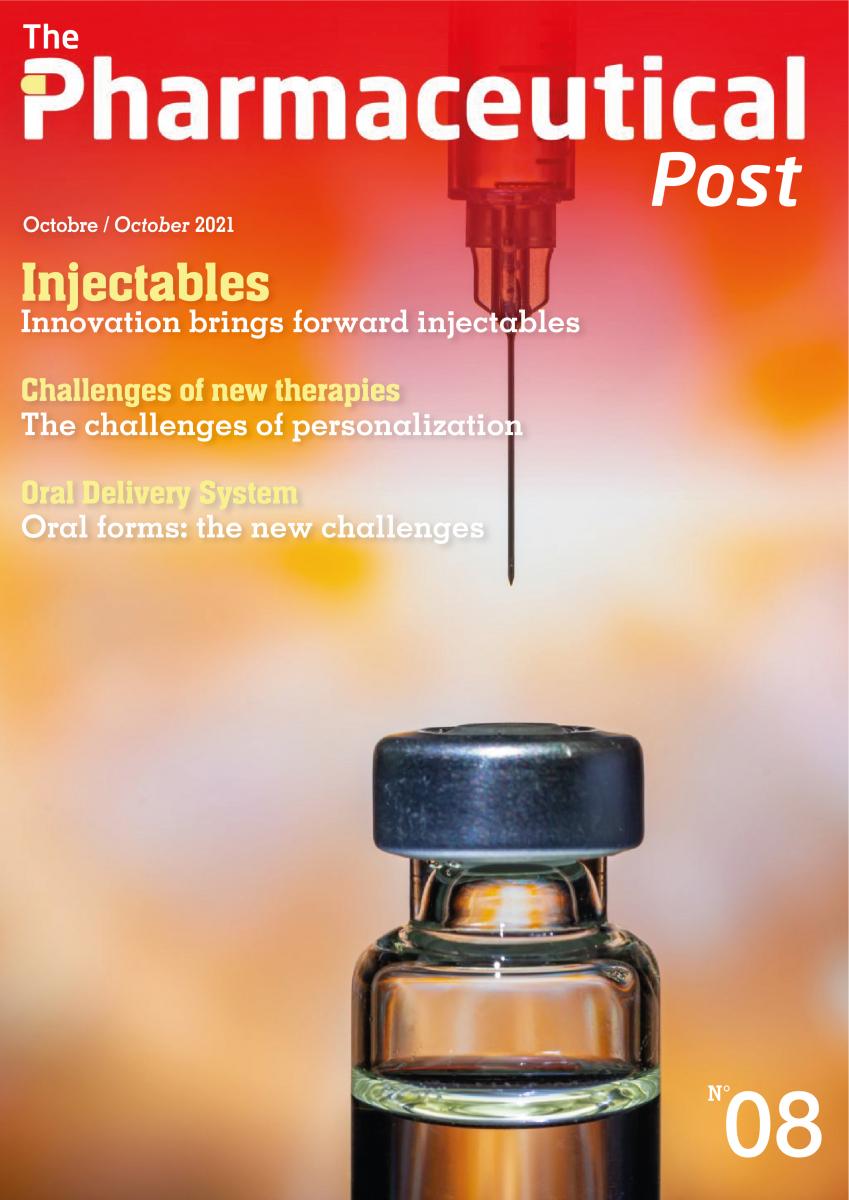China Beauty Expo - May 12 to 14 2023 - Booth W4F09

Stand No. : W4F09
Visiter le site webThe Pharmaceutical Post #8 - Innovation brings forward injectables
 Innovation brings forward injectables
Innovation brings forward injectables
Stand No. : W4F09
Visiter le site web Innovation brings forward injectables
Innovation brings forward injectables